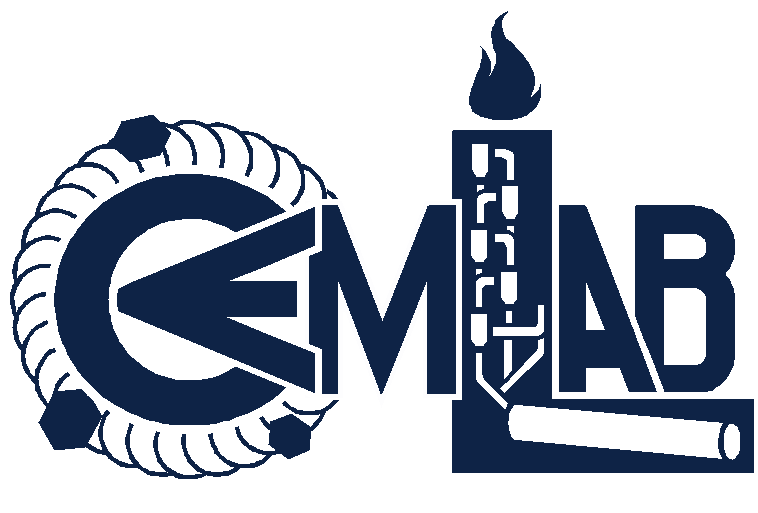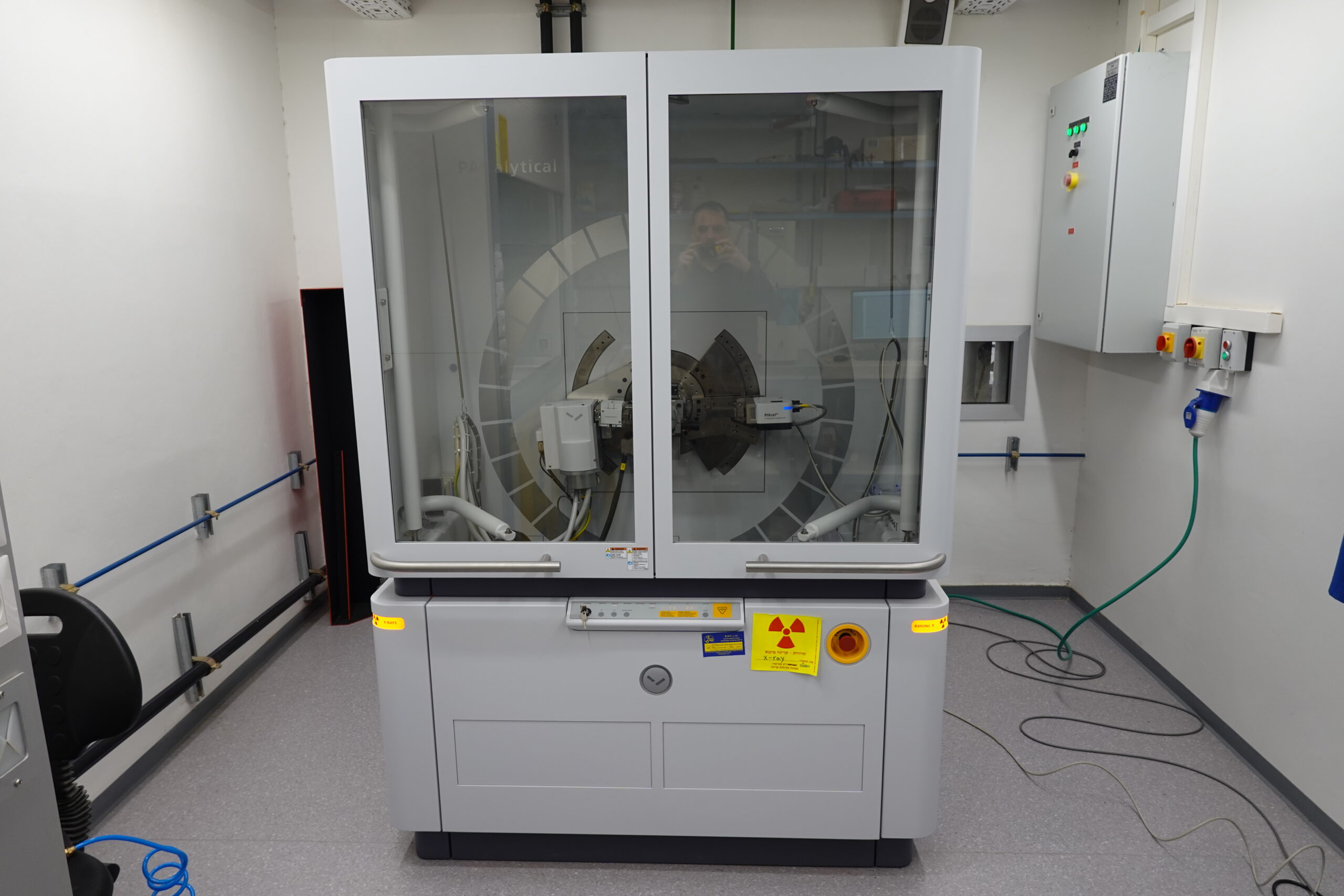Our most popular services and research equipment
Our services include X-Ray Diffraction, Mercury Intrusion Porosimetry, Laser Diffraction Particle Size Analyzer, Thermogravimetric analysis, Differential Scanning Calorimetry, Isothermal Calorimetry, Petrographic analysis of thin section, Determination of setting times, Helium Pycnometry, Optical and Scanning Electron Microscopy, Determination of Chloride migration coefficient, and Chemical analysis.
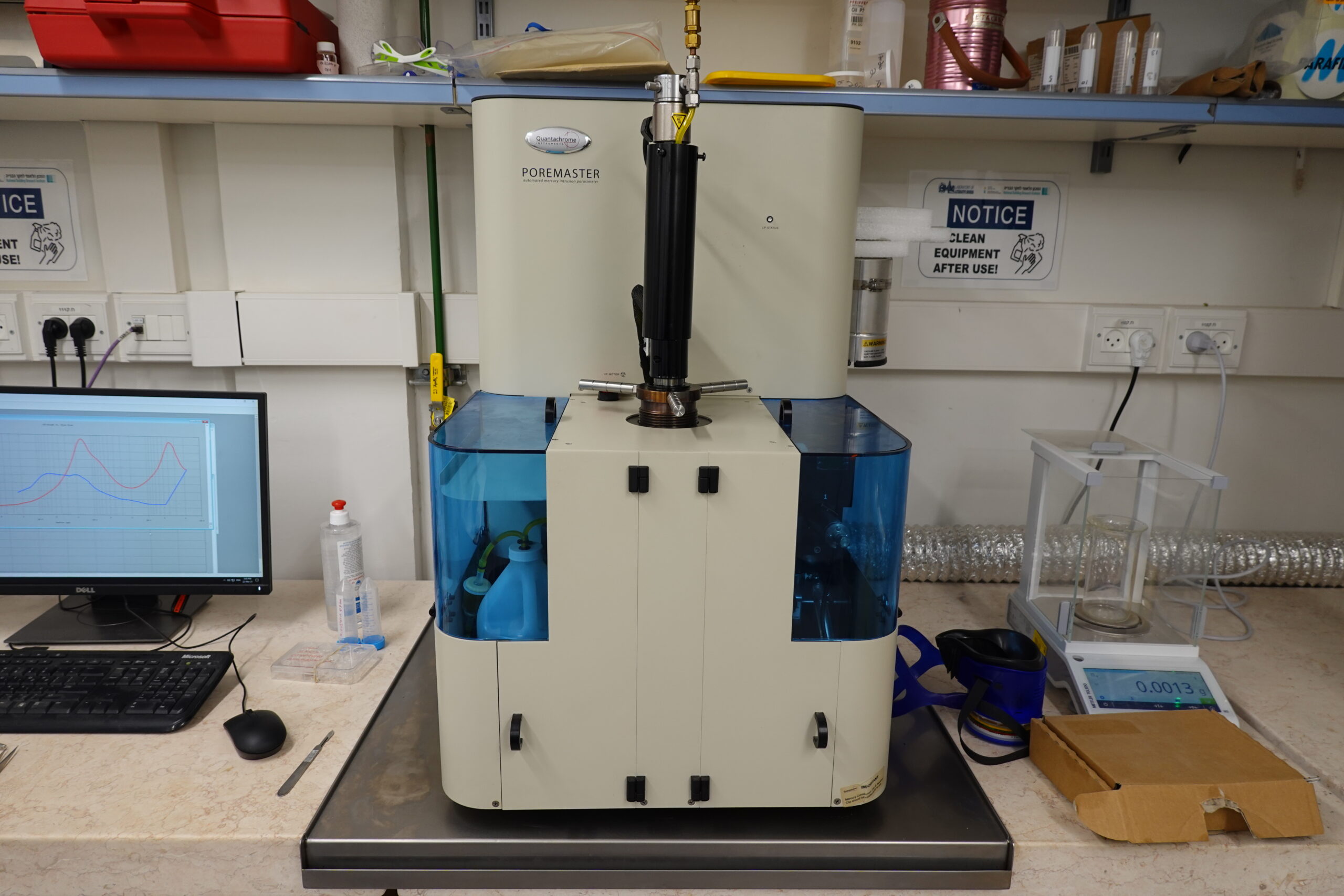
Mercury Intrusion Porosimetry
Determine pore size distribution using our advanced Mercury Intrusion Porosimeter.
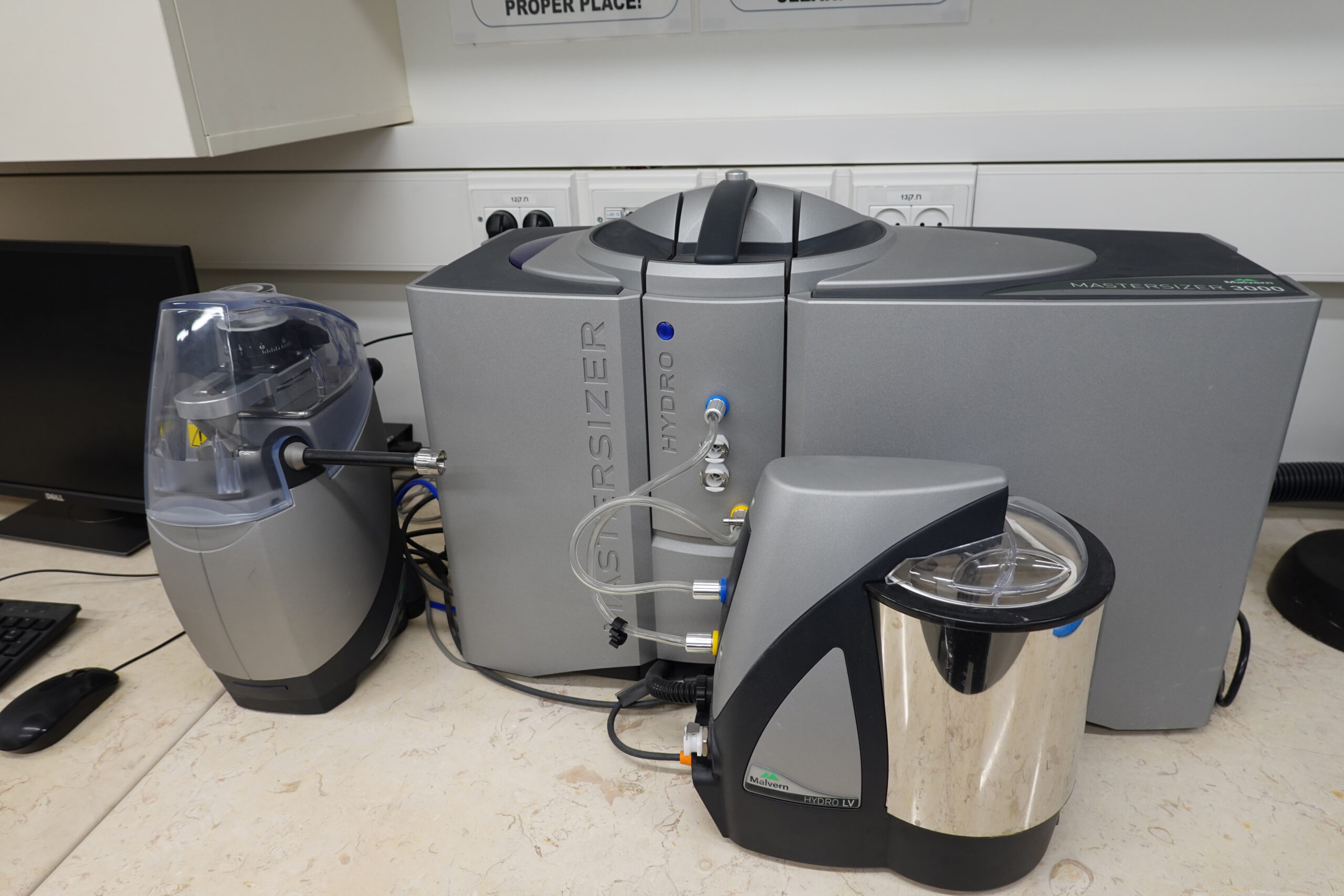
Laser Diffraction Particle Size Analyzer
Measure Particle size distribution using our Laser Diffractometer.
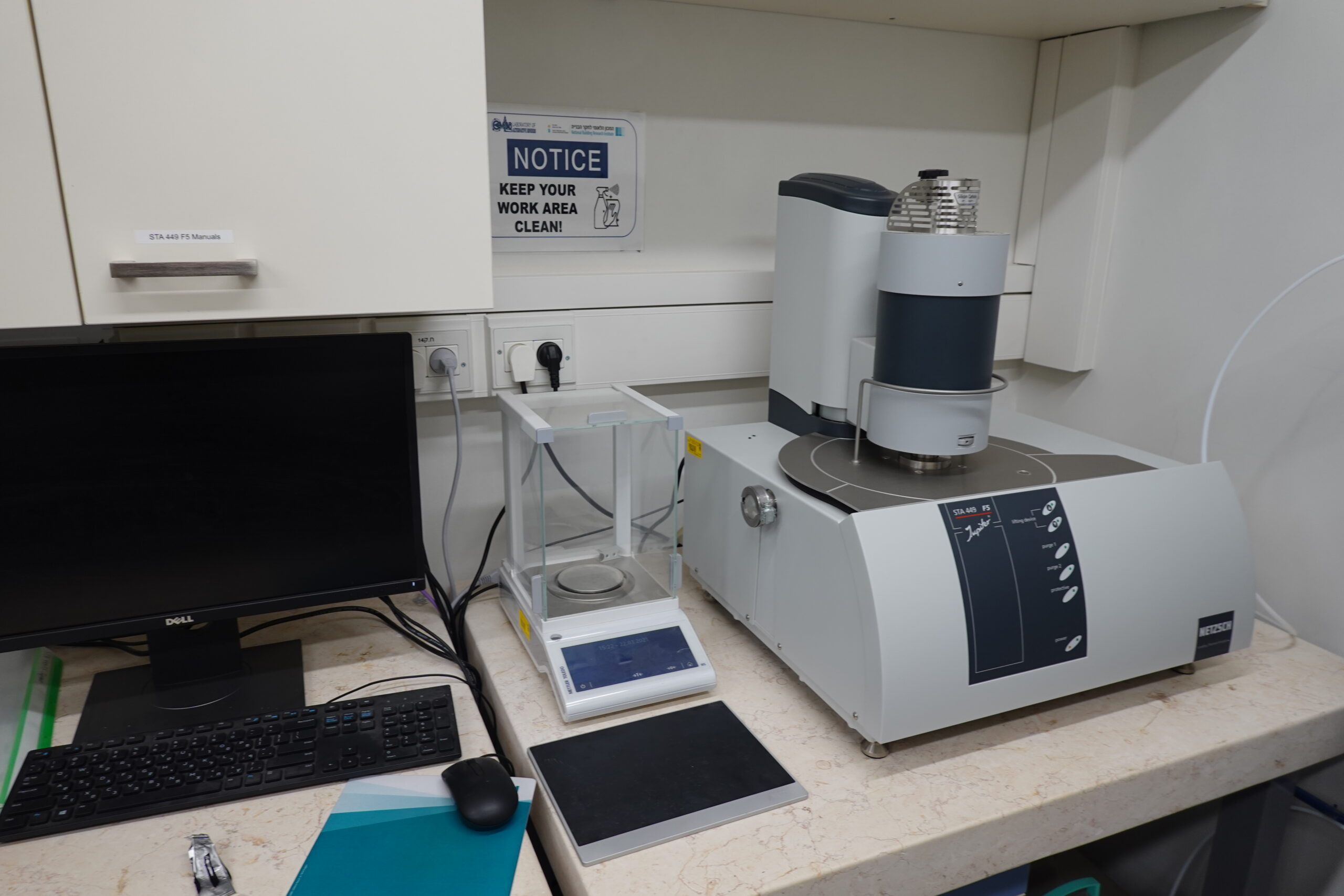
Thermal gravimetry analysis and differential scanning calorimetry can be performed simultaneously in an inert or oxidizing atmosphere up to the temperature of 1600 ºC.
Isothermal calorimetry can help to study the heat evolution of cementitious materials, investigate the effect of admixtures and additives, evaluate chemical compatibility.
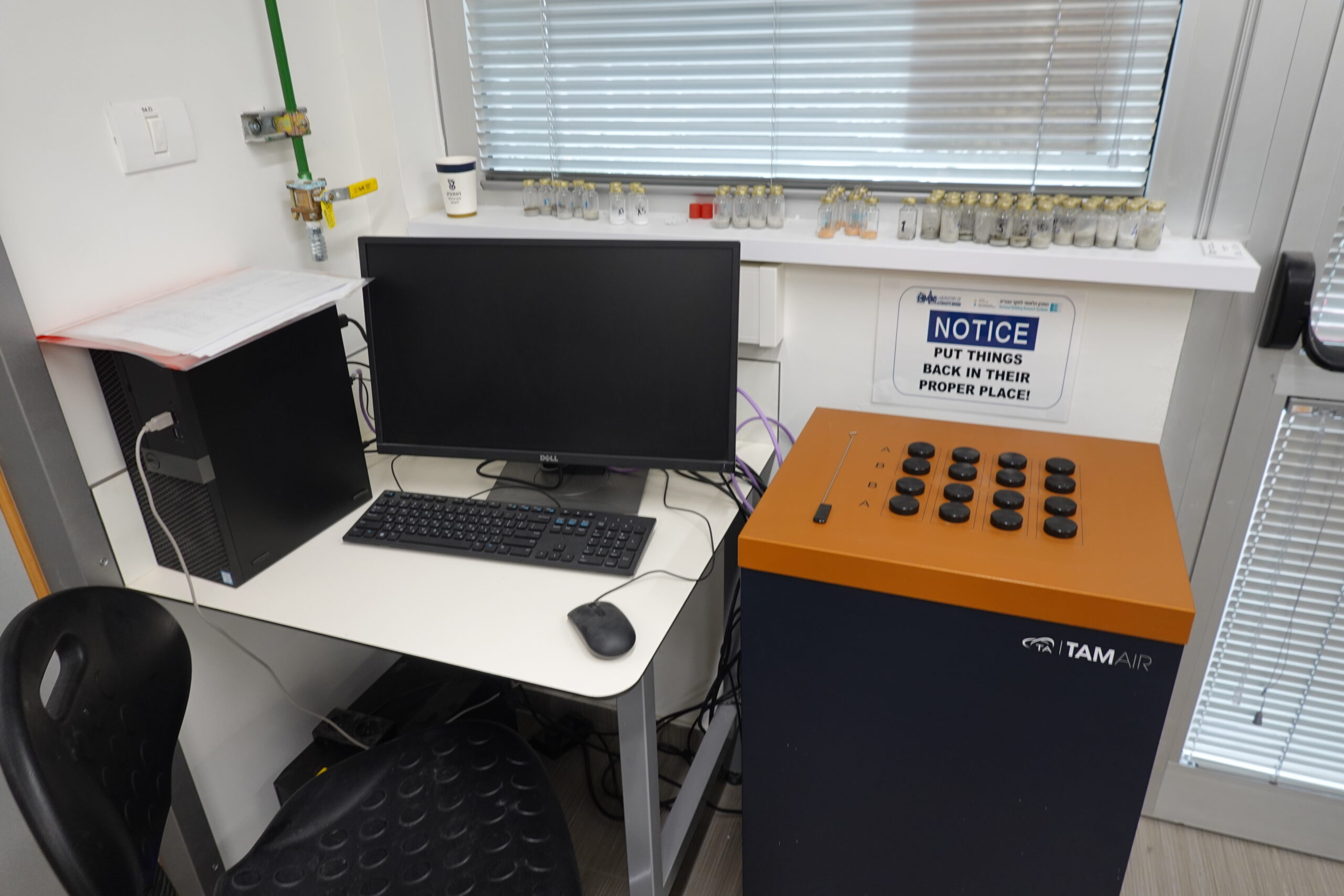
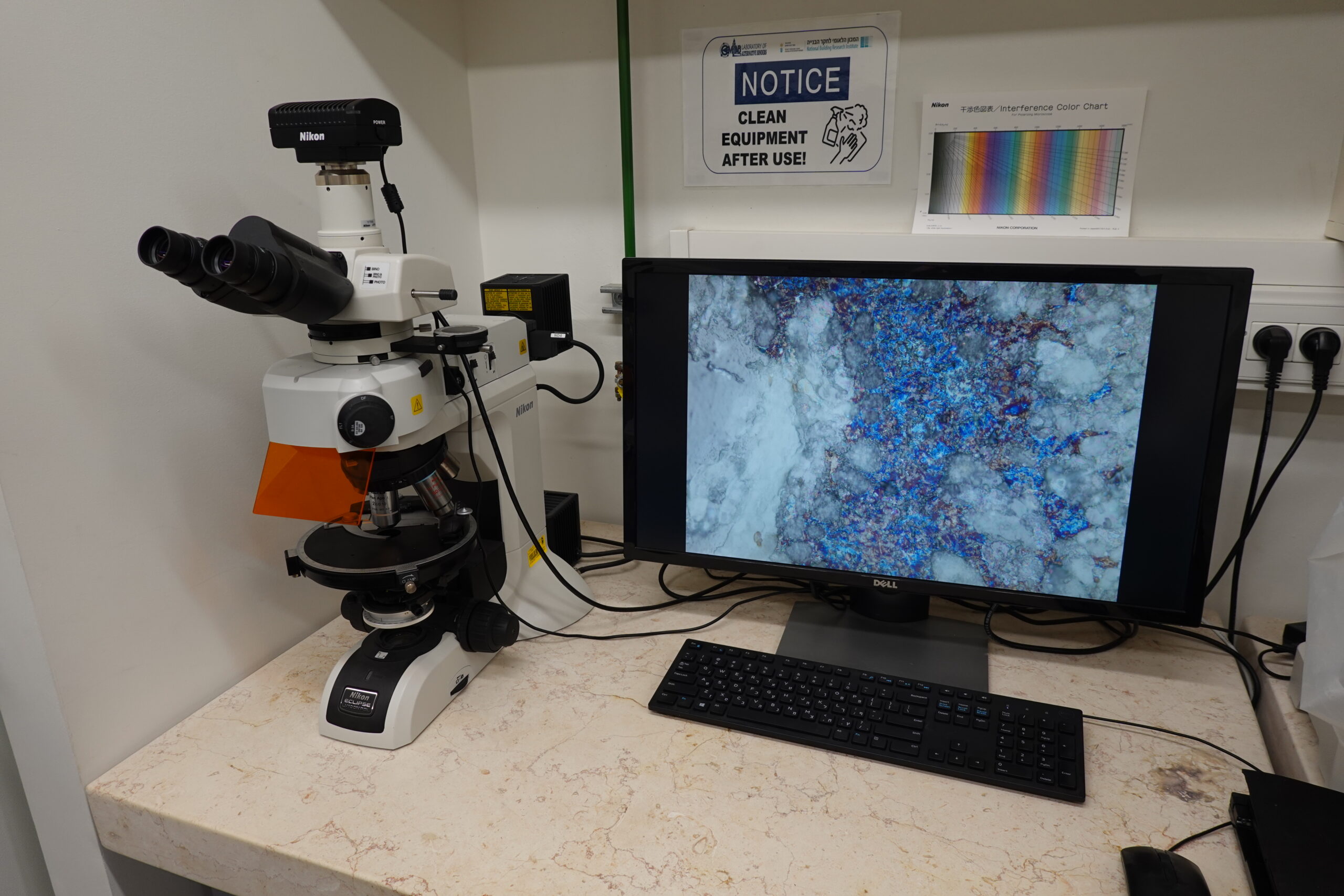
The petrographic study of thin sections can help to reveal and diagnose many problems in concrete technology and control the quality of concrete and mortar.
Full list of our lab services
Determine the mineral composition of your material using X-Ray diffraction.
Determine pore size distribution using our advanced Mercury Intrusion Porosimeter.
Measure Particle size distribution using our Laser Diffractometer
Thermal gravimetry analysis and differential scanning calorimetry can be performed simultaneously in an inert or oxidizing atmosphere up to the temperature of 1600 ºC.
Study the heat evolution of cementitious materials, investigate the effect of admixtures and additives, and evaluate chemical compatibility using Isothermal calorimetry.
The petrographic study of thin sections can help to reveal and diagnose many problems in concrete technology and control the quality of concrete and mortar.
Make thin sections for petrographic study.
Measure chloride migration coefficient to evaluate the durability of concrete structures.
Setting times of binders are determined using automatic Vicat needle testing apparatus.
To determine the true density of powders, foams, and porous solids Helium pycnometry can be used.
Chemical analysis can be performed using Inductively Coupled Plasma (ICP) spectrometry.
Optical and Scanning Electron Microscopy can be performed including sample preparation.

